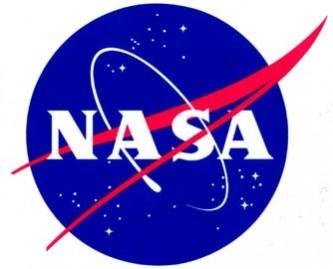The Donald Trump administration on Wednesday issued a new space policy directive for the use of nuclear power and propulsion in space. Known as Space Policy Directive - 6 (SPD-6), it helps NASA, the US space agency, in creating a sustainable presence on the Moon and sending astronauts to Mars.
Space nuclear systems power spacecraft for missions where alternative power sources are inadequate, such as moon's dark side. Space nuclear systems include radioisotope power systems and nuclear reactors used for power, heating, or propulsion on moon or Mars in the future.
The new directive envisions the US to pursue goals for space nuclear power and propulsion development and utilisation. It entails development of nuclear fuel for planetary surface and in-space propulsion applications and demo of fission power system on the Moon, among others.
As per the SPD-6, NASA's near-term priority is to develop a fission surface power system on the Moon. In collaboration with the US Department of Energy, and industry, NASSA will design, fabricate, and test a 10-kilowatt class fission surface power system.

NASA plans to have a demo of the system on the Moon in the late 2020s, providing power for sustainable lunar surface operations and testing its potential for use on Mars. The US space agency will explore nuclear thermal and nuclear electric propulsion capabilities.
The nuclear propulsion agenda is helpful in exploration of human transportation to planets beyond the Moon, specially for manned mision to Mars, where a traditional chemical propulsion system would require a prohibitively high propellant mass, NASA said.
In line with the directive, advanced radioisotope power systems to enable survivable surface systems and extend robotic exploration of the solar system will be undertaken by space missions well within the limits of safety and budgetary constraints.
"NASA strongly supports the White House's continued leadership on the agency's Artemis programme, which includes landing the first woman and next man on the Moon in 2024. At the Moon we will prepare for new science and human missions deeper into the solar system," said NASA Administrator Jim Bridenstine.
Since Bridenstine has alaready announced that he would quit the position once the Biden administration takes over, it remains to be seen whether NASA will face budgetary constraints in view of the battered US economy due to the Covid-19 pandemic.









